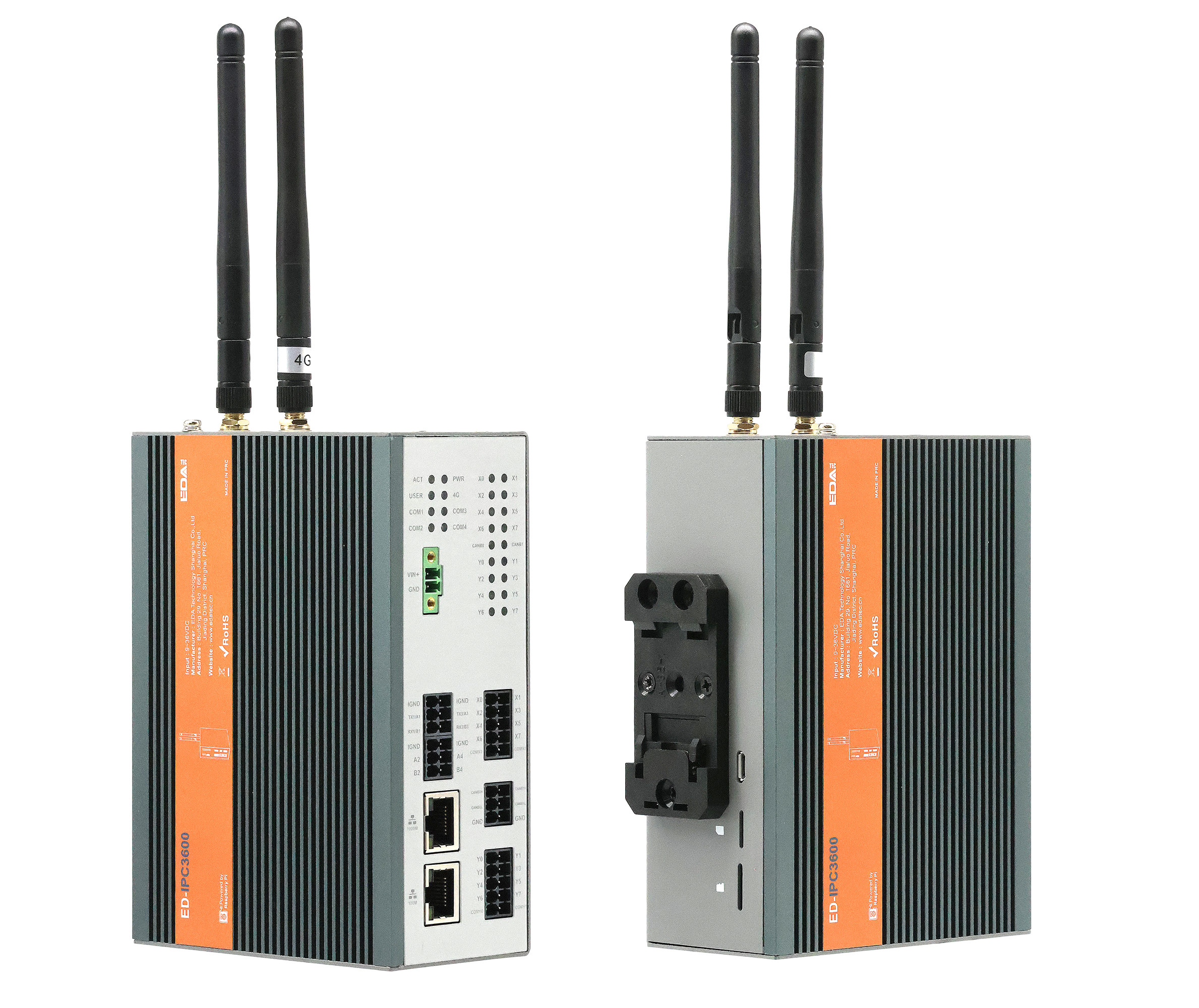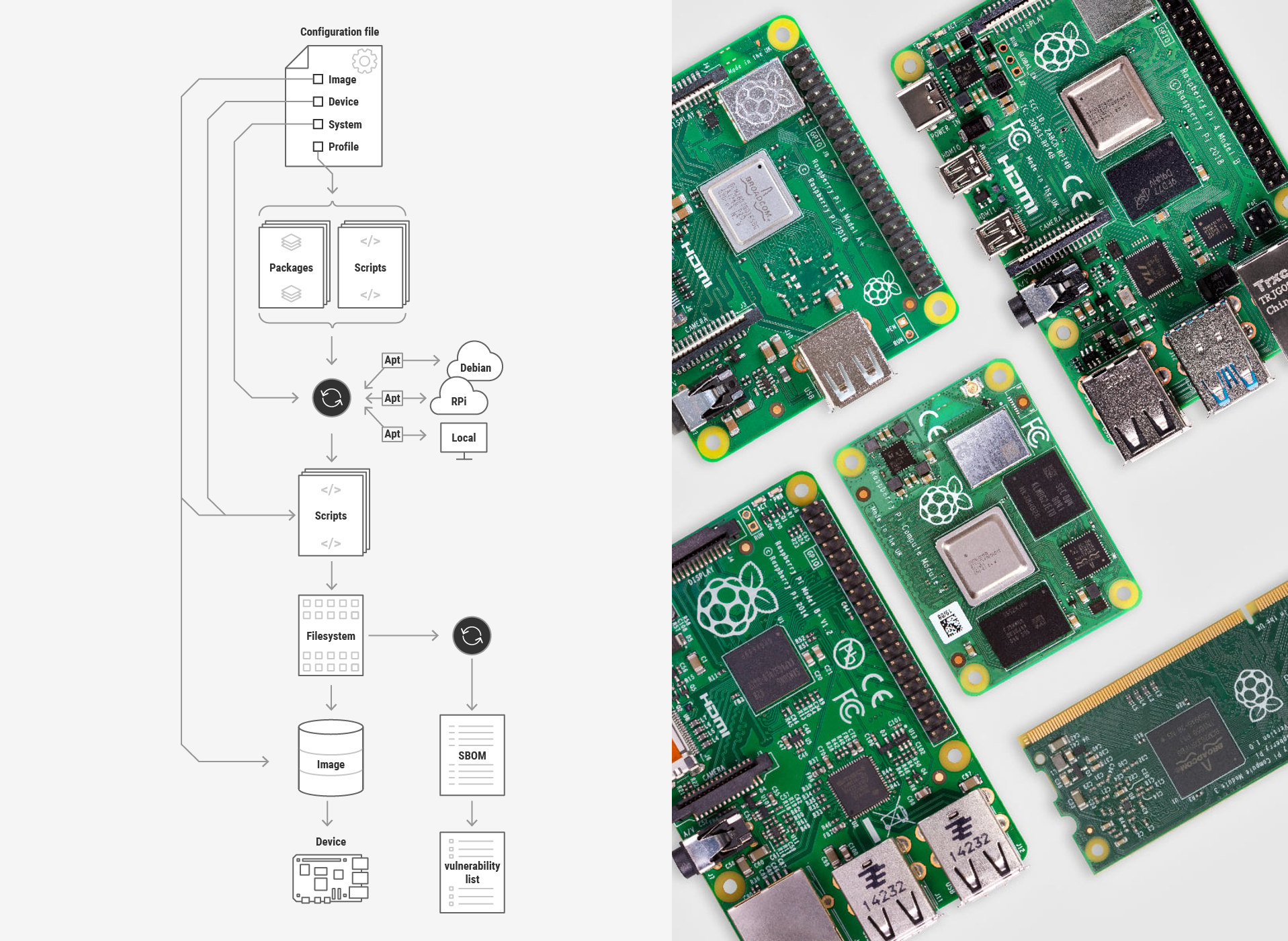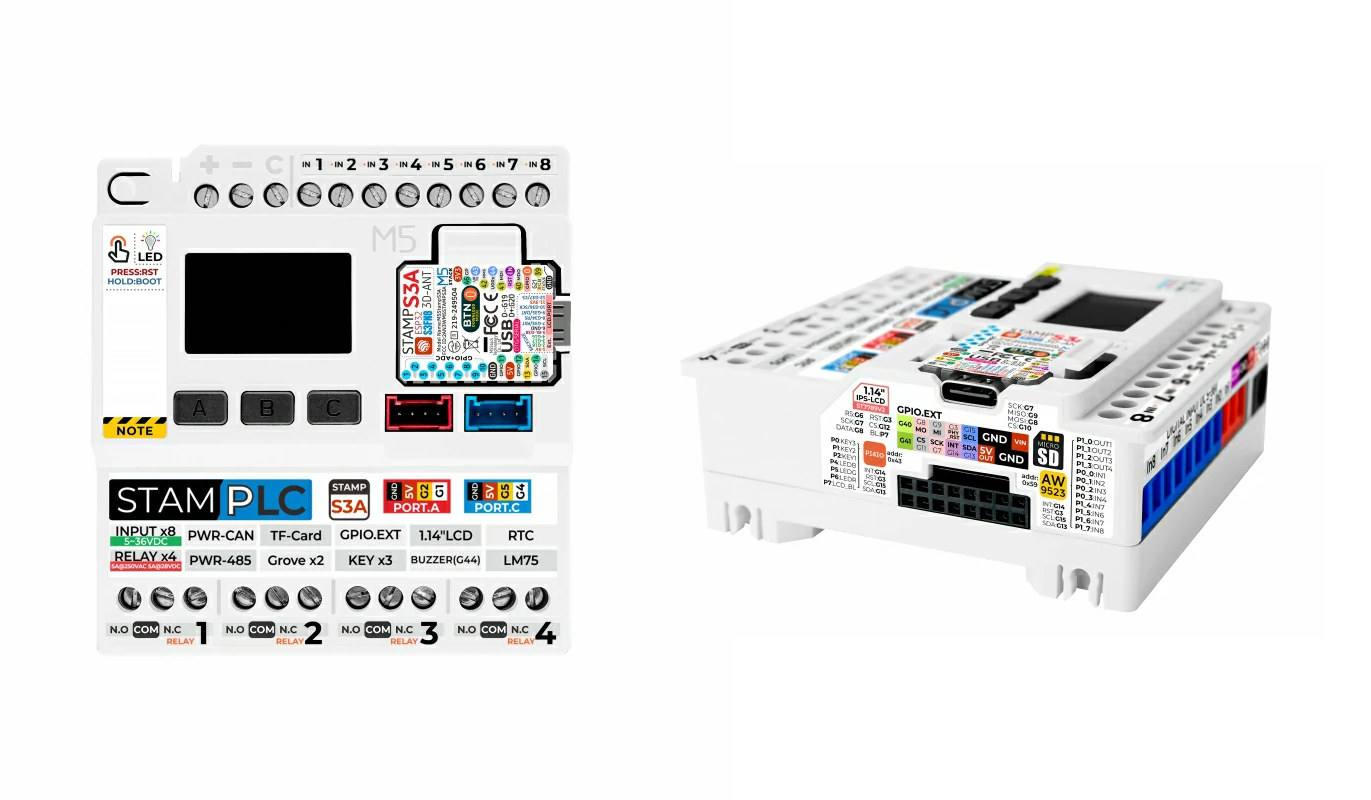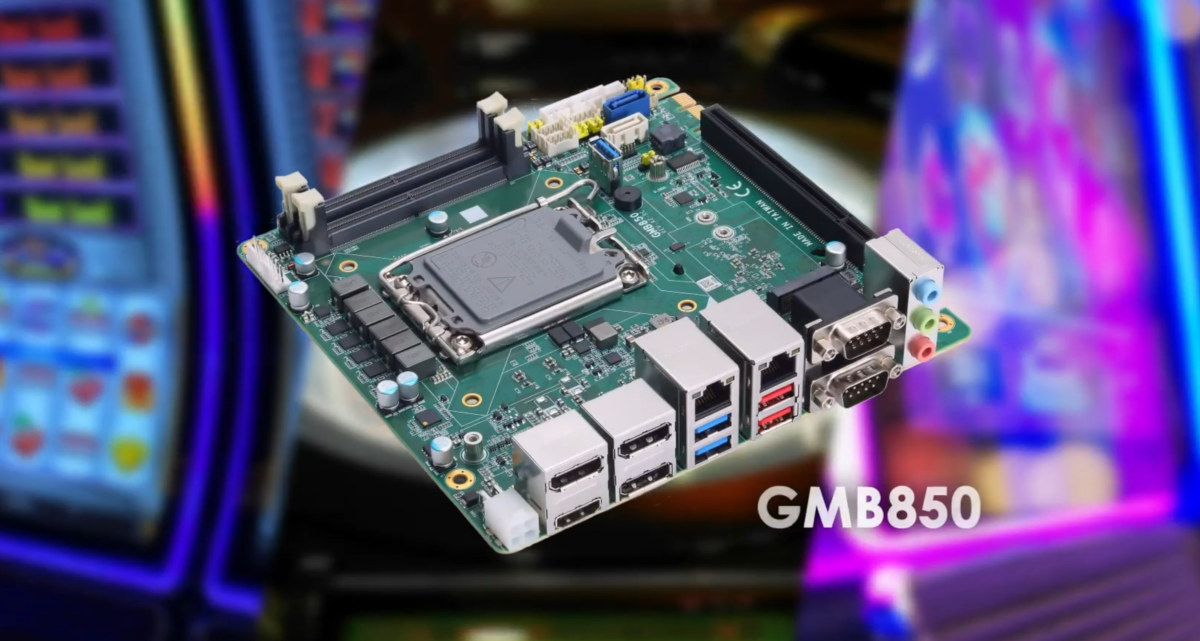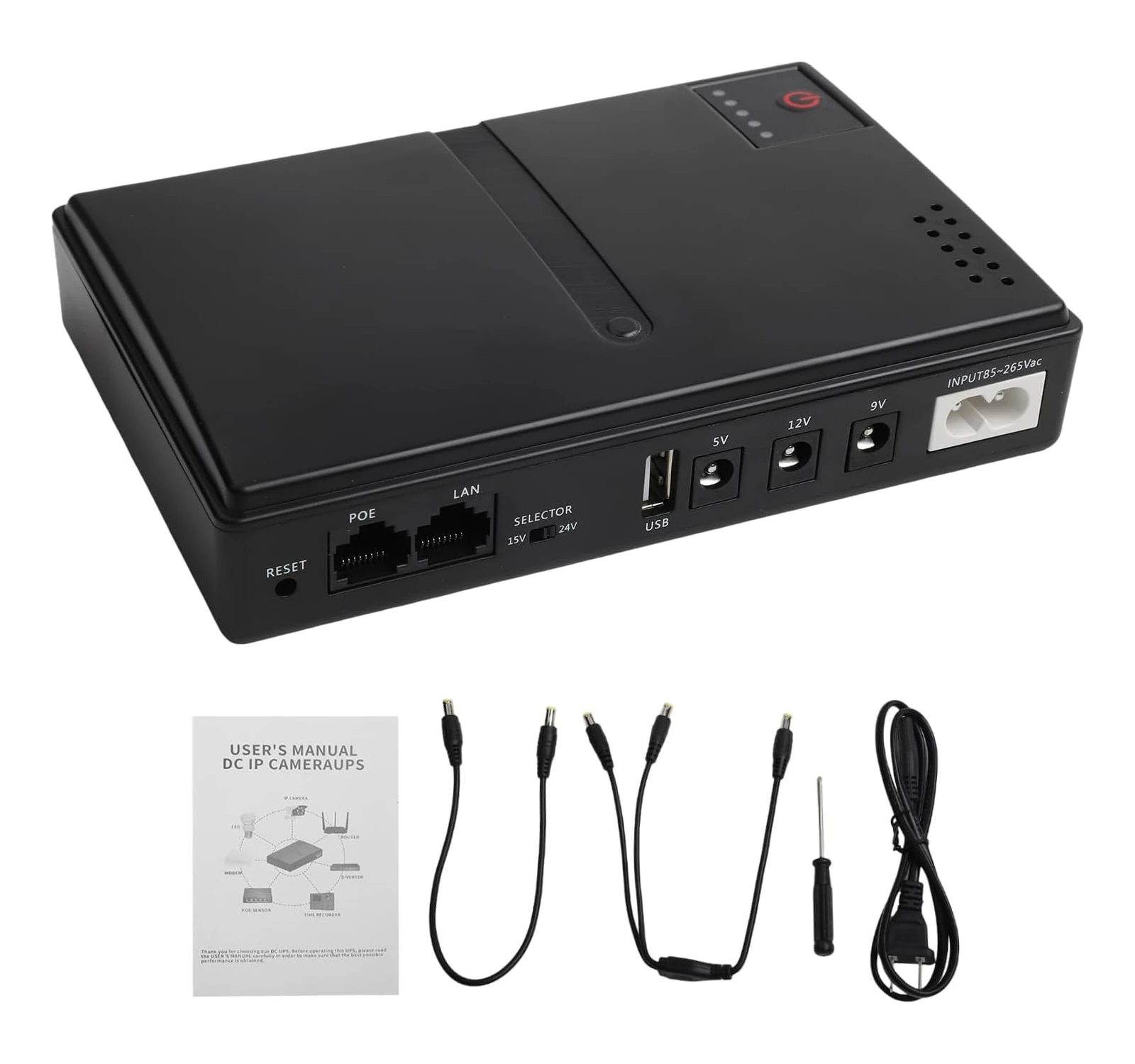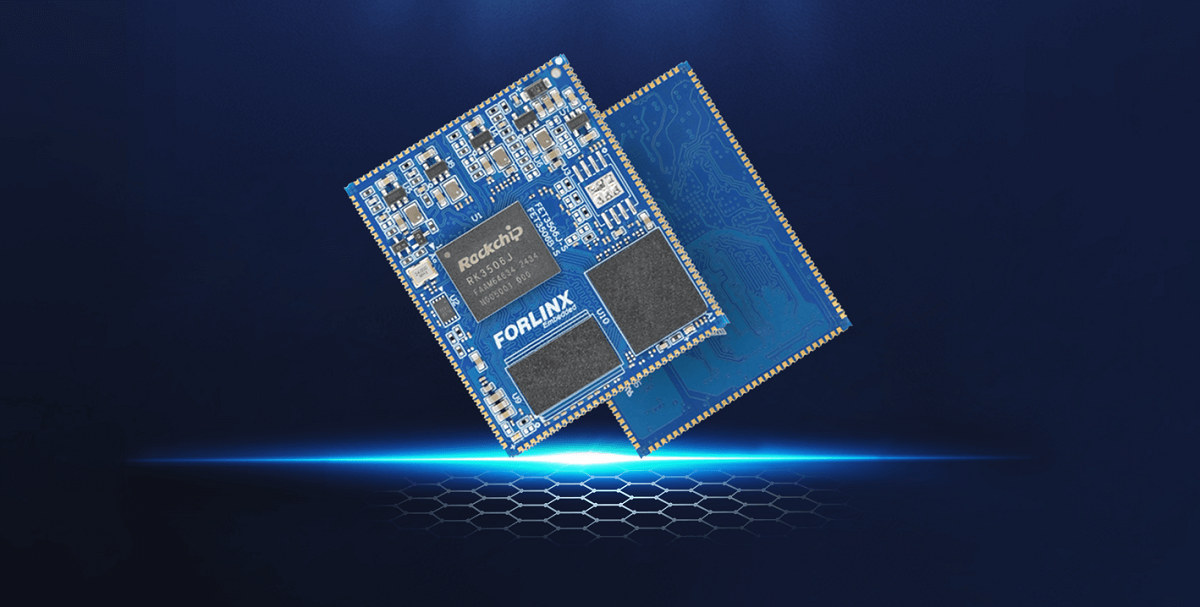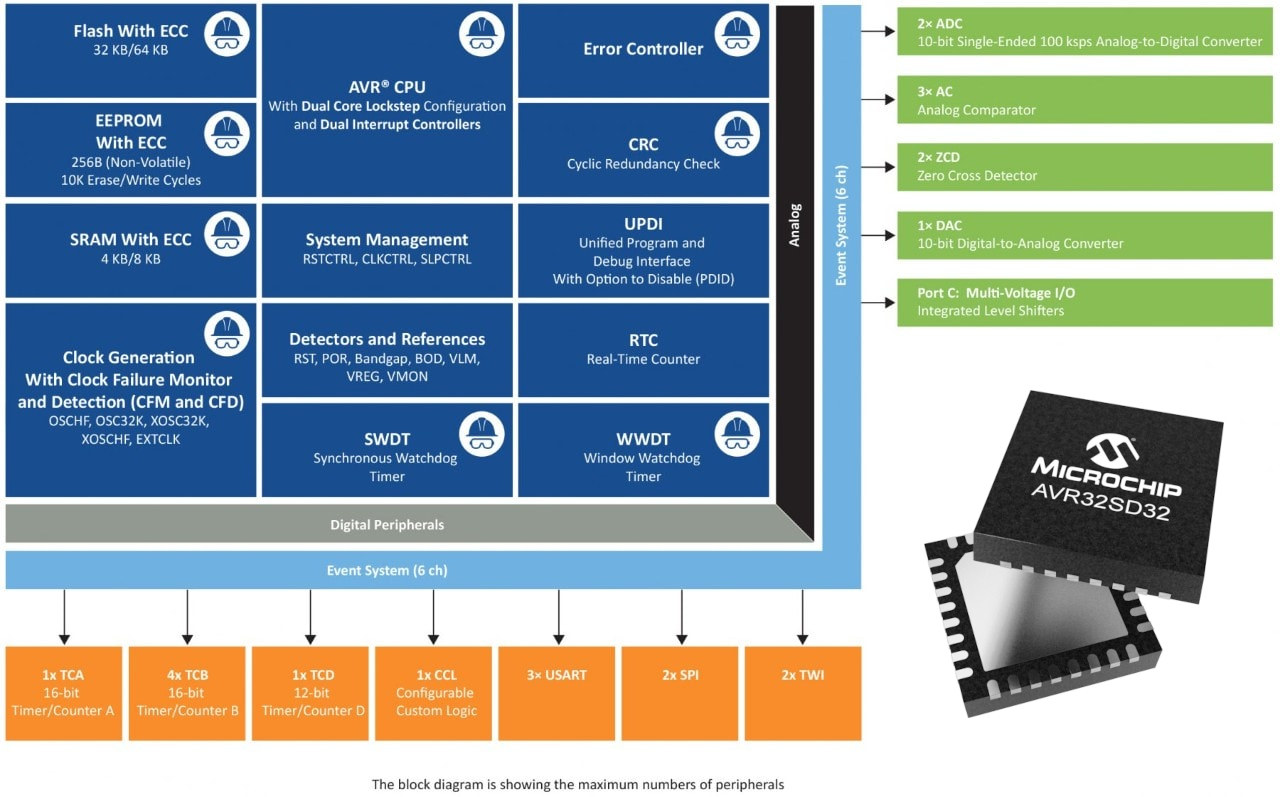EDATEC ED-IPC3630 is an industrial PC (IPC) built around the Raspberry Pi Compute Module 5 (CM5) with up to 8GB RAM and designed for industrial automation, IoT, and control applications with features like a wide 9V to 36V DC power input and a DIN-rail mount. The industrial computer also offers dual GbE, optional WiFi 5 and/or 4G LTE cellular connectivity, HDMI video output, a few USB ports, eight digital inputs (DI), eight digital outputs (DO), and two CAN Bus interfaces. ED-IPC3630 Specifications: SoM – Raspberry Pi CM5 SoC – Broadcom BCM2712 quad-core Cortex-A76 processor @ 2.4GHz with VideoCore VII GPU System Memory – 2GB, 4GB, or 8GB LPDDR4-4267 SDRAM (the 16GB model is not offered, maybe due to supply issues) Storage – Options for 16GB, 32GB, or 64GB eMMC flash Wireless – Optional dual-band WiFi 5 and Bluetooth LE 5.0 module Storage M.2 Key-B socket optionally fitted with 128GB, 256GB, […]
rpi-image-gen build system creates custom images for Raspberry Pi boards
Raspberry Pi has just released the rpi-image-gen build system to generate custom Raspberry Pi images designed for a specific application and based on packages from the Debian and Raspberry Pi OS repositories I was initially surprised by this announcement, as there are already build tools like the Yocto Project or buildroot designed for this purpose. They are however somewhat complex to use and there’s a steep learning curve, so maybe Raspberry Pi made something easier to use. Let’s have a look. The build is mostly defined by a configuration file which defines the profile and image layout. The company explains the main reasons for creating yet another build system. First, the images are quick to build with the rpi-image-gen build system since you don’t have to build the whole project from source, contrary to something like the Yocto Project which can take hours (for the first build at least). That’s […]
M5Stack StamPLC – An ESP32-S3-based PLC with opto-isolated inputs, relay ouputs, RS485, CAN Bus, and more
“M5Stamp PLC Controller with M5StampS3” or just “M5Stack StamPLC” is a programmable logic controller (PLC) based on the StampS3A ESP32-S3 wireless module and offering 8 opto-isolated digital inputs, 4 relay outputs supporting both AC and DC loads, plus RS485 and CAN Bus interfaces. The DIN Rail IoT controller also features a 1.14-inch color display, a RESET/BOOT button, 3 user buttons, and a buzzer or user interaction. The M5Stack StamPLC also integrates an LM75 temperature sensor and an INA226 voltage/current sensor, as well as a microSD card slot for data storage, and it can take a wide voltage input between 6 and 36V DC. M5Stack StamPLC specfications: Control Module – StampS3A (similar to M5Stamp S3) SoC – Espressif Systems ESP32-S3FN8 CPU – Dual-core 32-bit Xtensa LX7 microcontroller with AI vector instructions up to 240MHz, RISC-V ULP co-processor Memory – 512KB SRAM Storage- 8MB flash Wireless – 2.4GHz WiFi 4 (802.11b/g/n), Bluetooth […]
Axiomtek GMB850 Raptor Lake Refresh mini-ITX motherboard GMB850 is made for casino gaming machines
Axiomtek GMB850 is a mini-ITX motherboard powered by up to 14th Gen Intel Raptor Lake-Refresh processors and designed for casino gaming machines requiring advanced features like gaming analytics, real-time player interaction systems, and dynamic content management. While mini-ITX motherboards may serve multiple markets, there’s a specific market for casino and arcade gaming often using AMD processors. We’ve previously covered such boards in the past with the AMD Ryzen Embedded V2000-powered Sapphire FS-FP6 or the AMD Ryzen Embedded V1000/R1000-based Axiomtek GMB140. Axiomtek Gaming’s GMB850 is a more powerful update with Intel Raptor Lake Refresh processors supporting up to four independent displays with up to 4K resolution and gaming I/O modules making it suitable for casino slot machines, electronic table games, and video walls. Axiomtek GMB850 specifications: SoC – LGA1700 socket for 12th/13th/14th Gen. Intel Core i9/i7/i5/i3/Pentium/Celeron “Alder Lake-S” or “Raptor Lake-S” processor System Memory – Up to 64GB DDR5 4800 MHz […]
JetKVM – A $69 KVM over IP solution with open-source software
We’ve been writing about some low-cost KVM over IP solutions like the Sipeed NanoKVM Cube or GL.iNet Comet in recent times, but the JetKVM has been pointed out to me as another alternative with the benefit of having open-source software (which the NanoKVM also got last month). The JetKVM was launched for $69 on Kickstarter last fall and the crowdfunding campaign was amazingly successful with over 4 million dollars raised from just over 30,000 backers. Key features include 1080p60 video with 30-60ms latency using H.264 encoding, mouse and keyboard emulation, remote management via JetKVM Cloud using WebRTC for accessing the devices from outside the LAN, and open-source software written in Golang on Linux. JetKVM specifications: SoC – Rockchip RV1106G3 CPU – Arm Cortex A7 @ 1.0GHz VPU – H264 & H265 hardware encoder Memory – 256 MB DDR3L on-chip Storage – 16 GB eMMC flash Display – 1.69-inch IPS capacitive […]
Mini UPS with 5V, 9V, 12V DC, and PoE output could be useful for routers, security cameras, SBCs, and mini PCs
Most uninterruptible power supplies (UPS) require AC voltage and use specific batteries that must be changed every few years. But those may be oversized and not the most efficient if you just want to keep single board computers (SBCs), low-power mini PCs, routers, or security cameras up and running during power failures. Luckily, some mini UPS solutions use standard rechargeable 18650 batteries, output 5V, 9V, or 12V DC, or even PoE (15V/24V) which may be more suitable for those use cases. Many mini UPS solutions come from WGP (Wonderful Green Power), so let’s have a look at the WPG103A model. WPG103A mini UPS specifications: Batteries – 4x 18650 batteries for a combined 10,400 mAh capacity Protection – Overcharge, over-discharge, overcurrent, and short circuit protection Misc – Power button, status LEDs Power Input – 12V/2A via DC jack Power Output 5V via USB Type-A port (likely limited to 1.5A or 2A […]
Forlinx FET3506J-S low power system-on-module features Rockchip RK3506J industrial-grade tri-core Cortex-A7 SoC
Forlinx FET3506J-S system-on-module (SoM) is based on a Rockchip RK3506J SoC, the industrial version of the RK3506 tri-core Cortex-A7 SoC, designed for smart industrial applications, and operating at a low power consumption of about 0.7 Watts. The Rockchip RK3506 SoC was first unveiled in 2023 through a product roadmap. However, we only spotted it in a product at the very end of 2024 with the Luckfox Lyra and Luckfox Lyra Plus featuring a MIPI CSI display connector and optional Ethernet. The Forlinkx FET3506J-S CPU module is the first platform with the industrial version (RK3506J), and the company also provides the OK3506 carrier board/development board for evaluation. Forlinx FET3506J-S system-on-module Specifications: SoC – Rockchip RK3506J CPU 3x Arm Cortex-A7 core up to 1.5 GHz or 1.6 GHz (depending on where one looks in the documentation) Arm Cortex-M0 real-time core GPU – 2D GPU only No VPU, no NPU System Memory – […]
Microchip AVR SD 8-bit dual-core microcontrollers offer functional safety for less than one dollar
Microchip AVR SD family of low-cost 8-bit microcontrollers (MCUs) feature built-in functional safety (FuSa) mechanisms designed to meet Automotive Safety Integrity Level C (ASIL C) and Safety Integrity Level 2 (SIL 2) requirements, both of which mandate redundant safety checks. Hardware safety features include a dual-core lockstep CPU, two ADCs for redundancy, an Error Correction Code (ECC) on all memories, a dedicated error controller module, error injection mechanisms, and voltage and clock monitors. The company further explains the AVR SD MCU meets Fault Detection Time Interval (FDTI) targets as low as 1 millisecond, and its functional safety management system has been certified by TÜV Rheinland. Microchip AVR SD specifications: MCU core – AVR CPU in Dual-Core Lockstep (DCLS) clocked at up to 20 MHz Memory – 4 KB or 8KB SRAM with ECC Storage 32 KB or 64KB in-system-programmable Flash memory with ECC 256B EEPROM with ECC 512B of user […]


